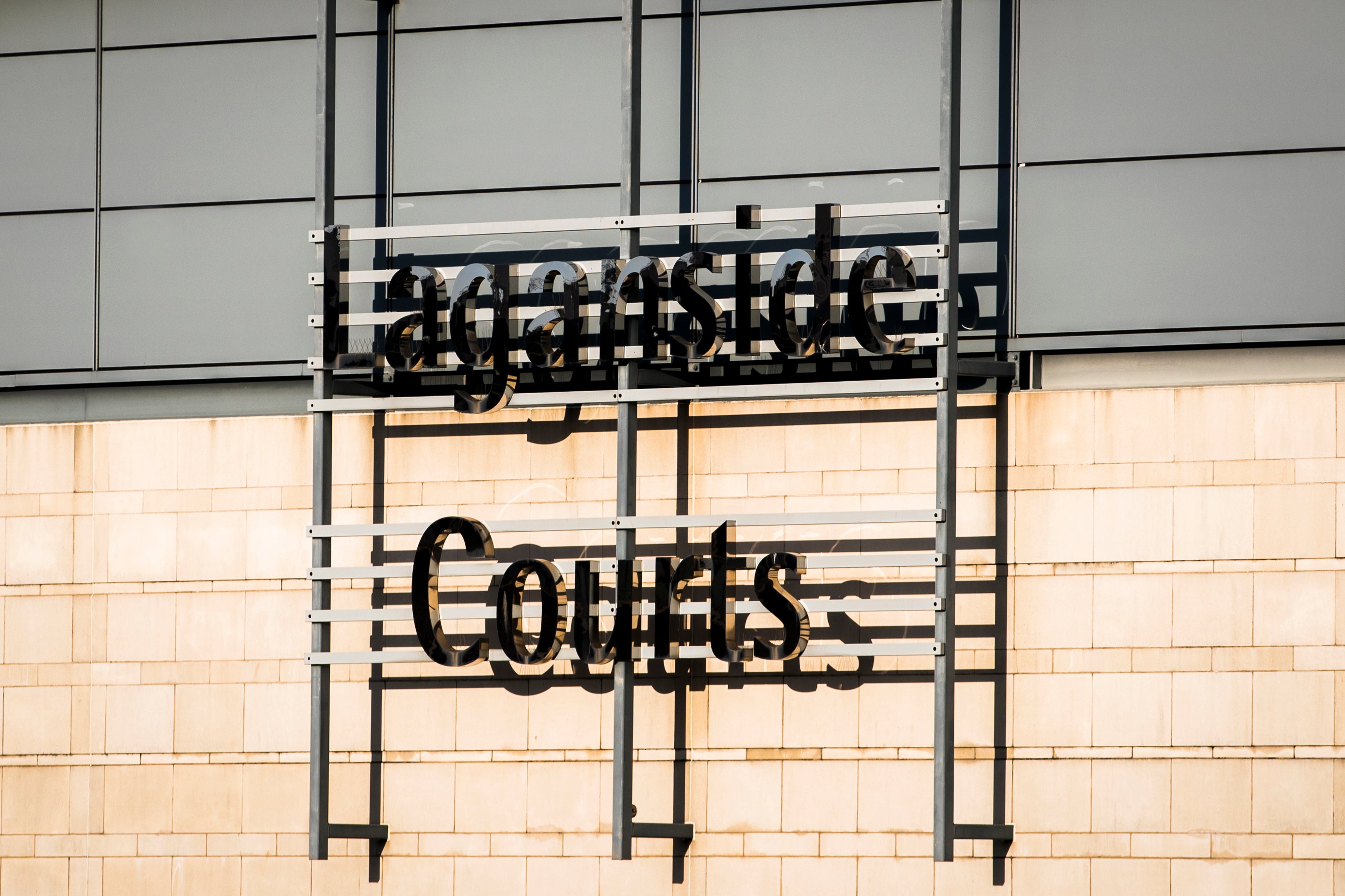Lawyer for family of mother shot dead by soldier hits out at legacy Bill
Kathleen Thompson, 47, was shot dead in her garden in Londonderry in November 1971.

A lawyer for the family of a mother-of-six killed by a soldier in an “unjustified” shooting has hit out at the Government’s controversial Bill to address legacy issues.
An inquest into the death of 47-year-old housewife Kathleen Thompson ruled that she was killed by a bullet to the chest in Londonderry on November 6 1971.
The ruling came on Wednesday, as MPs took part in the first day of the committee stage of the Northern Ireland Troubles (Legacy and Reconciliation) Bill in the House of Commons.
The coroner’s findings, four years on from a fresh inquest into Mrs Thompson’s death being ordered, are a “clear illustration that the inquest system is capable of achieving the truth for families seeking answers as to how their loved ones died”, her family’s lawyer said.
Fearghal Shiels, of Madden and Finucane Solicitors, insisted that the Government’s current proposals on legacy could not have established the proper circumstances of how Mrs Thompson died, describing anyone who thinks so as “frankly living on another planet”.
The Bill’s most controversial aspects are the promise of immunity from prosecution for perpetrators who agree to provide information to a new truth body, and a move to end conflict-related civil cases and inquests.
Giving a summary of her ruling, coroner Judge Sandra Crawford said two bullets were fired by someone identified only as soldier D into Mrs Thompson’s garden in Rathlin Drive, Creggan, as he and others were withdrawing from the area.
She said Mrs Thompson was unarmed and had been in her back garden banging a bin lid or other object to alert neighbours to the presence of soldiers in the area.
Soldier D did not have an honest belief that his life and the lives of others were under immediate threat
The shooting of Ms Thompson, whose children were aged between seven and 18 at the time, breached guidance on the deployment of lethal force provided to soldiers, the coroner said.
Judge Crawford said: “Her death was caused by a high-velocity shot fired by soldier D from a position on Southway, Derry, as he and other soldiers were withdrawing from the area.
“Soldier D did not have an honest belief that a gunshot had been fired from the garden of 129 Rathlin Drive and that his life and the lives of others were under immediate threat.”
She said “shooting into a dark garden in a residential area in such circumstances” breached guidance on soldiers’ use of lethal force.
She found that the soldier had fired two shots into Mrs Thompson’s back garden “in circumstances which were unjustified”.
Sitting at the Laganside Courts complex in Belfast, Judge Crawford said soldier D had presented a “contrived and self-serving account” of what happened.
She said that “in all likelihood he was frightened” and had “overreacted to the noise and activity which was prevalent at the time of his withdrawal” from the area.
But she said being frightened or panicking “does not begin to justify” the force used by the soldier, who fired a further six shots.
The coroner said no proper investigation had been carried out into the death.
A previous inquest into Mrs Thompson’s death, held in 1972, returned an open verdict.
A new inquest was ordered in September 2013 and began in 2018.
Mr Shiels said: “This is yet another clear illustration that the inquest system is capable of achieving the truth for families seeking answers as to how their loved ones died.
“The soldier responsible for Mrs Thompson’s death gave evidence over the course of four days.
“He persistently claimed not to have a clear recollection of the only time in which he has ever fired lived rounds in anger and killed someone.
“It is only by testing the witness’ account given immediately after the event, using the independently objective ballistics, pathology and other witness evidence, can a proper assessment of the witness’ credibility be reached.
“Any person who thinks that the proper circumstances of how Kathleen Thompson died could be established through the mechanisms suggested by the current Government’s legacy proposals and reliant upon the co-operation and honesty of those responsible for the death, is frankly living on another planet.”
Bookmark popover
Removed from bookmarks